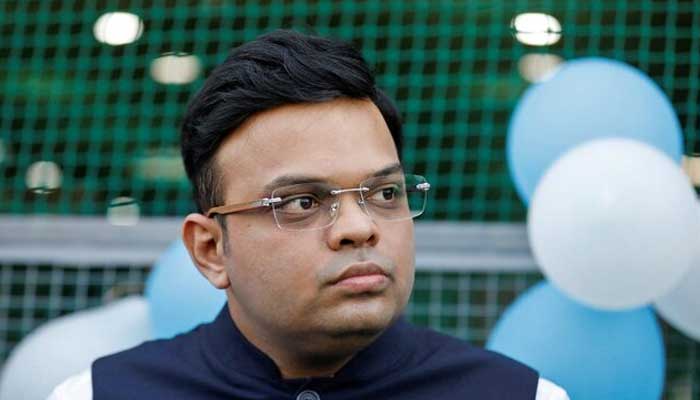

Muslims in India are facing job terminations and business closures following the recent implementation of a discriminatory policy in two of the country's states, which requires restaurants to publicly display the names of all their employees.
According to a recent report by The Guardian, the policy was initially introduced by Uttar Pradesh Chief Minister Yogi Adityanath, who is also a hardline Hindu monk, and has now been adopted by Himachal Pradesh as well, governed by the opposition Congress party.
The report said that while authorities argue that the policy is aimed at ensuring compliance with health and safety regulations, critics argue that it is a targeted attack on Muslim workers and establishments.
In India, names widely signify religion and caste affiliations, leading to fears among Muslim business owners in Uttar Pradesh, governed by Indian Prime Minister Narendra Modi's Hindu nationalist Bharatiya Janata Party (BJP).
Muslims fear potential targeted attacks or economic boycotts by hardline Hindu groups that are active in the state.
Since becoming the chief minister in 2017, Adityanath has introduced several policies that are accused of enabling the targeting of Muslims or fuelling anti-Muslim conspiracy theories, the report said.
Business owners in Uttar Pradesh said they had fired Muslim staff as a result of the new laws, fearing they would become a target. Other Muslim-run businesses said they had already been harassed as a result of the policy, with some considering closure.
Rafiq, a 45-year-old Muslim owner of a highway restaurant in the Uttar Pradesh's Muzaffarnagar, said he had fired his four Muslim employees in July after police demanded he put the names of all workers on a sign outside.
"I had to fire my Muslim staff because I was concerned for their safety following the order," he said.
"Displaying names makes us vulnerable and a very easy target. If, for instance, there is communal tension that keeps taking place, we will be easily identified as Muslims and targeted."
Rafiq said he had little doubt as to why the Adityanath government was enforcing these new rules.
"Displaying names will identify people's religions, which I suspect is intended to discourage people from eating at Muslim-owned or Muslim-staffed restaurants," he said.
So far, Rafiq said, he had resisted police pressure to comply, but he said that if he was forced to, he would probably shut down his business altogether.
In India, calls for economic boycotts of Muslims are not uncommon and there have been rising incidents of attacks against Muslim vendors over the past five years.
Last month, the state leader of Bajrang Dal, a rightwing Hindu vigilante group, was captured on video at a meeting calling for attendees to pledge: "I will not buy goods from any Muslim shopkeeper."












